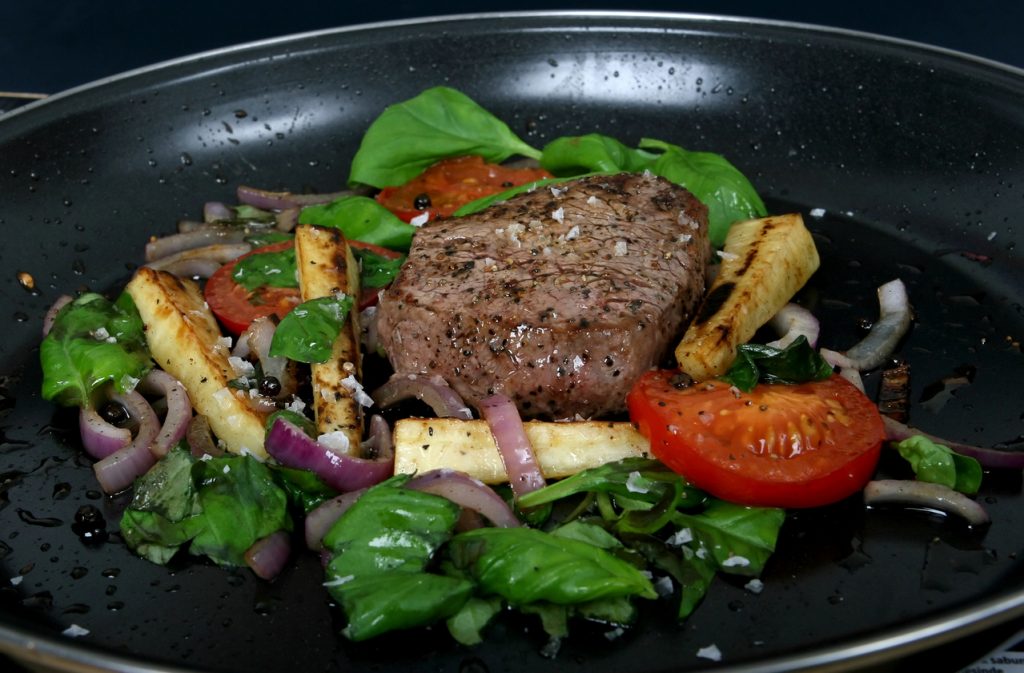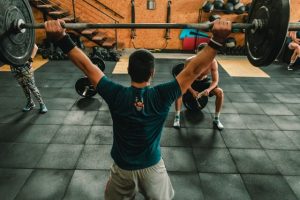Sportsmen and athletes need to maintain a minimum level of performance to make progress in their careers. However, shopping for food to make champion-inspired diets might not be enough without diet plans. Food contains loads of vitamins, and nutrients that support human existence. Sports people require thousands of calories per day to meet their energy needs. The burning carbohydrate for energy is a basic way the body generates strength. So, gym instructors, and professional athletes rely on proper diet plans to maintain the rigorous training programs.
Apart from feeding the stomach with carbs, protein and fibre, eating smartly is priority. During aerobic trainings you’ll need to store energy to reach attain your level of peak performance. Some fitness enthusiasts go the extra mile of consuming dietary supplements to support their sporting career. Read the article to learn how to extend your sporting career by adhering to smart eating plans.
Avoid training with empty stomachs
The stomach secretes a special acid that aids digestion, and in the absence of food the compound could tear stomach linings. Working out with an empty stomach or when dehydrated will alter your body’s response to trainings. Mood improvement and proper blood circulation are advantages of eating before training. When energy is low, there could be low stamina to continue training, and the sportsmen could get exhausted before the end of training session. Instead, athletes and sports people should stick with their ideal calorie intake, and fill up with plenty water and fluids. It’s more important to have energy for training than conserve same during the session.
Maintain calorific intake
Professional athletes and sports people need aerobic fitness exercises to boost their resistance to injury. Muscle soreness from trainings and sporting activities can be healed by maintaining a safe calorific intake of nutrients. Essential nutrients with high calorific values contain high-carb diets, protein shakes, and veggies. However, processed foods with saturated fats should be avoided. Eat meals between two to four hours before your game. Snacks and pre-game meals should be light and easily digestible.
Vitamins and muscular minerals intake
Sometimes during resistance training and heavy lifting, mechanical tension from gym equipment put strains on muscles and bones. There are loads of vital vitamins and muscular minerals to consume and obtain fortification. Usually muscle tear results in body aches after training, and the right dose of nutrients can help promote your recovery. Joint flexibility and bone strength are preserved by consuming vitamins, calcium and iron-fortified diets. You can extend your sporting career by eating smartly and preserving your muscles. A medium portion of leafy vegetables, plantain, lean meat, and a glass of low-fat milk, or yogurt, will make a good lunch. Apart from building the blood cells, iron brings oxygen to muscle cells, and calcium increase bone mass.
Drink plenty water
The daily required intake of clean water is two gallons, but sport people often drink more. Drink plenty water to replace lost electrolytes and prevent exhaustion. Especially in hot or humid weather, flavored water, juice, and fruits can hydrate the body. However, water loss has many negative effects, and thirst is a natural reminder. Water is a diuretic; it cleanses the body of toxins and heavy ions through urination and sweats.
Apart from hydrating your body, water nourishes skin cells and helps you maintain ph levels. When sports people expend energy and get exhausted after their activities, they can recharge their bodies with juice, fruits and veggies. Apart from fibre, and cereal most diets and fruits contain water. Watermelon and cucumbers are good examples of water-rich fruits. More so, water forms part of a balanced diet, and the human body maintains proper blood circulation with its intake. Your sports performance and career level will improve with adequate hydration.



